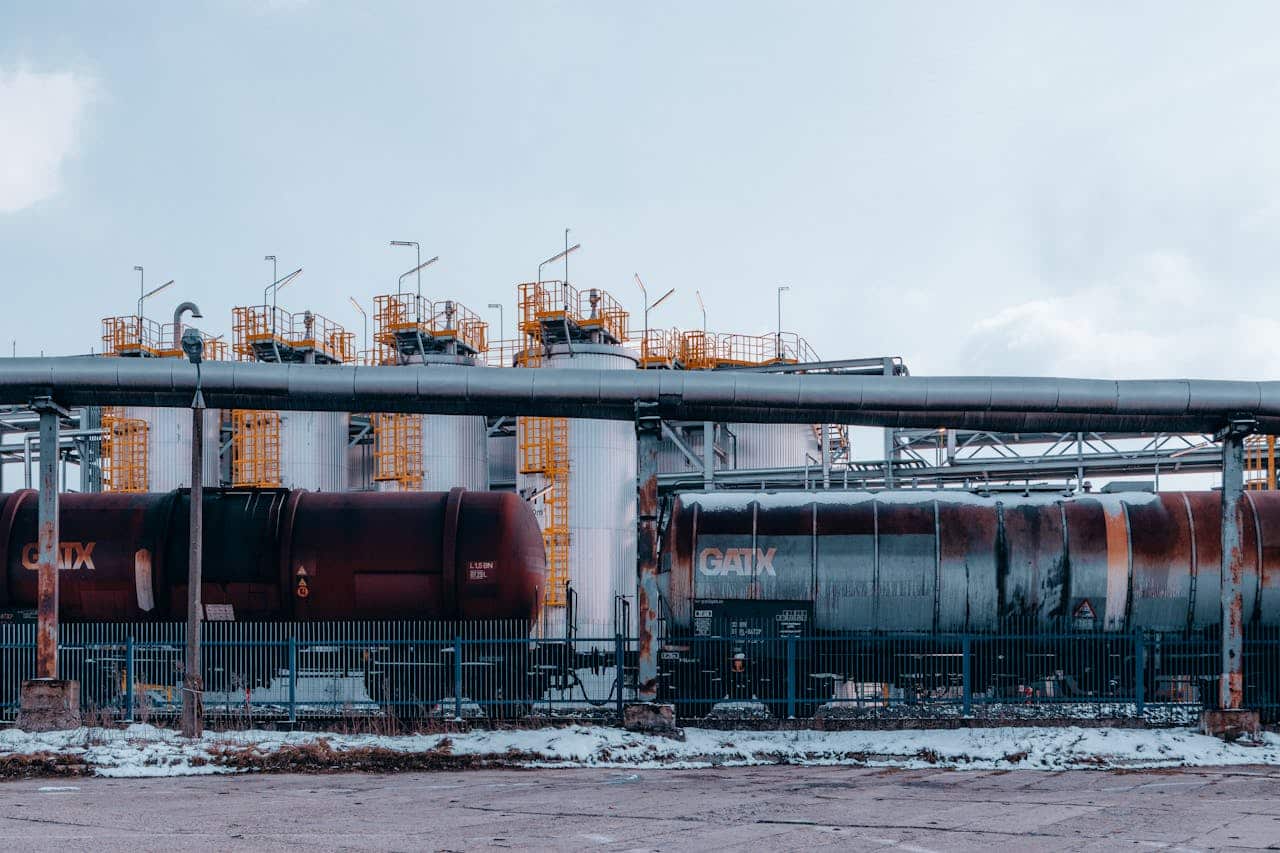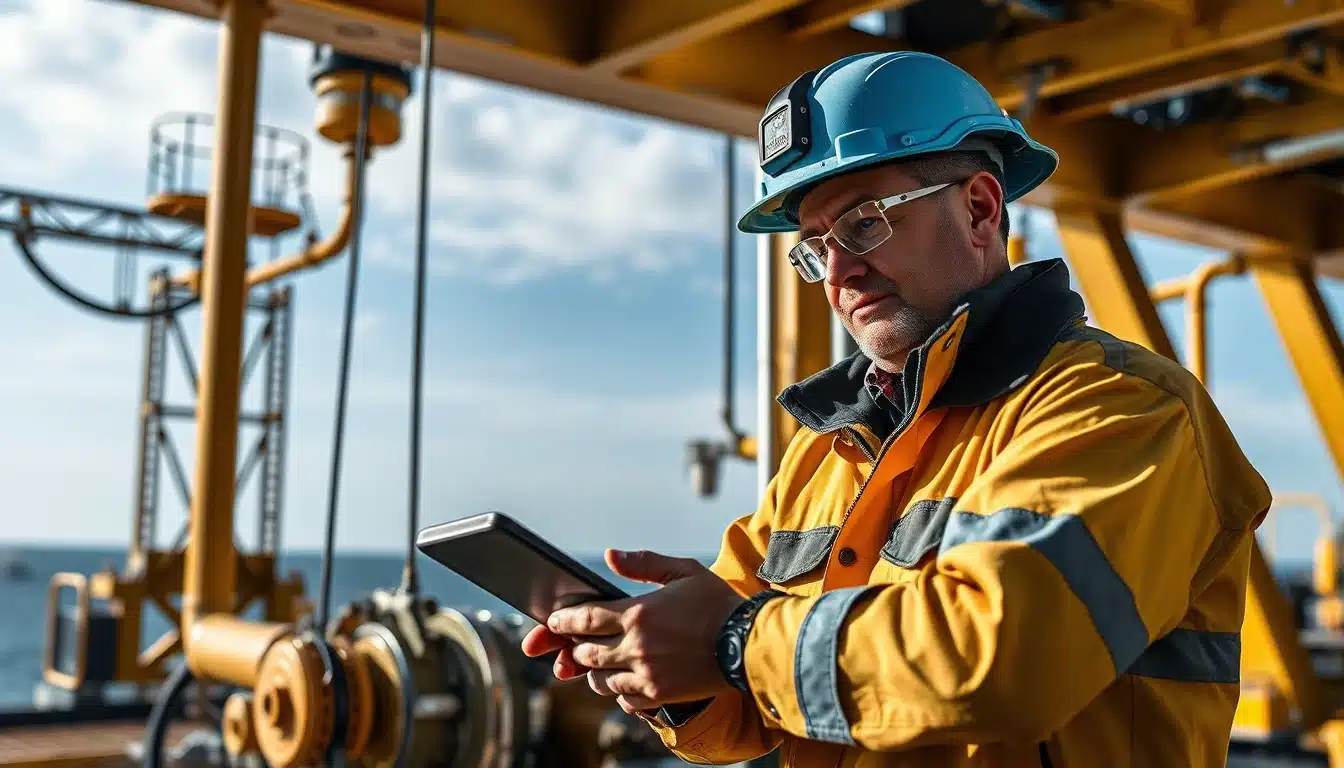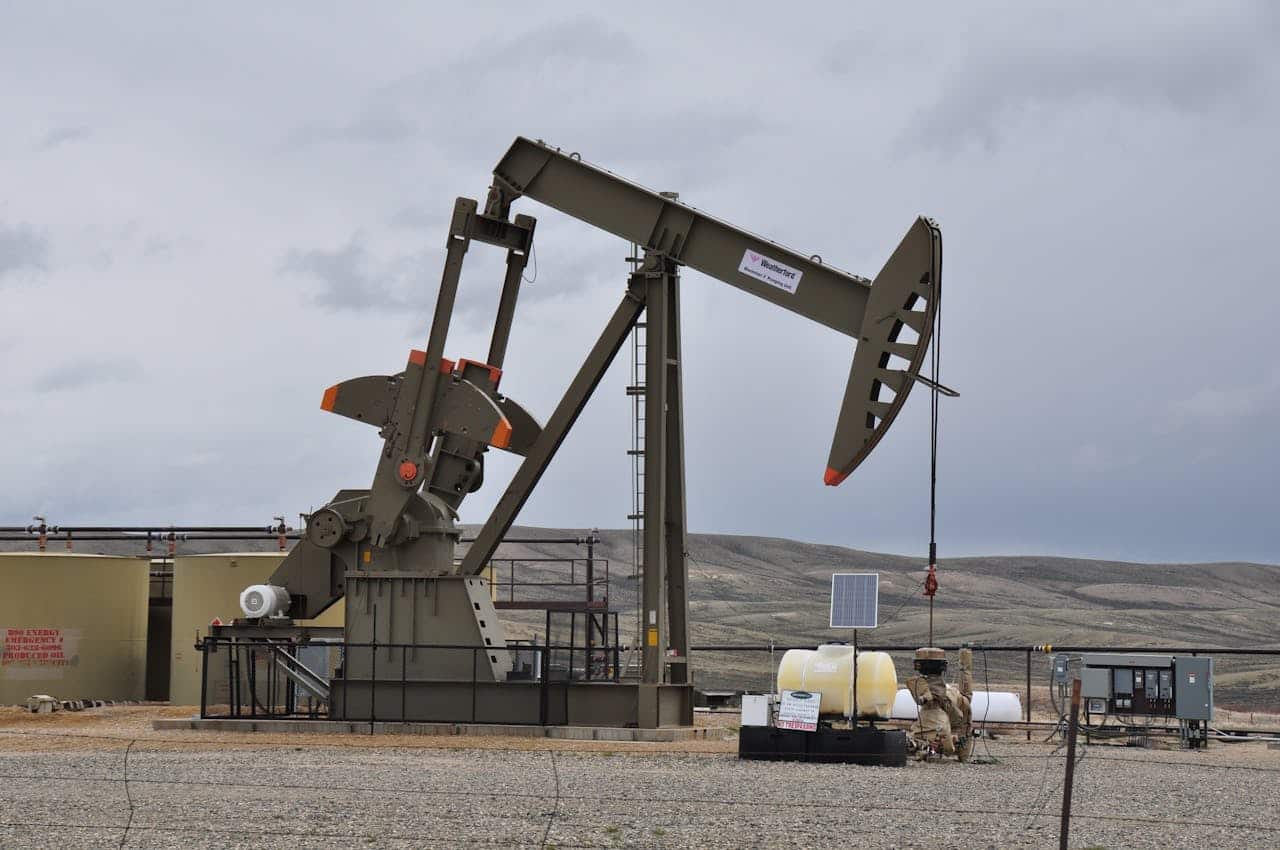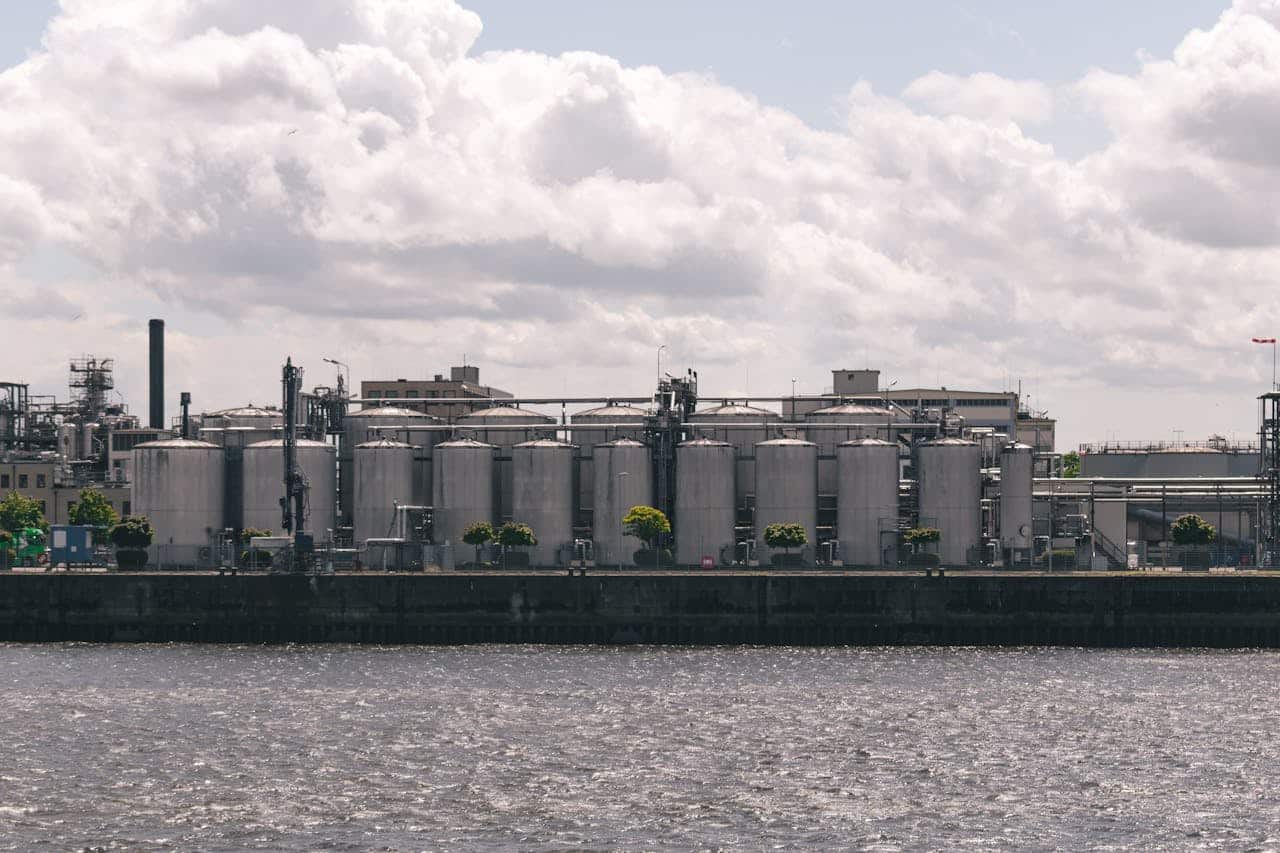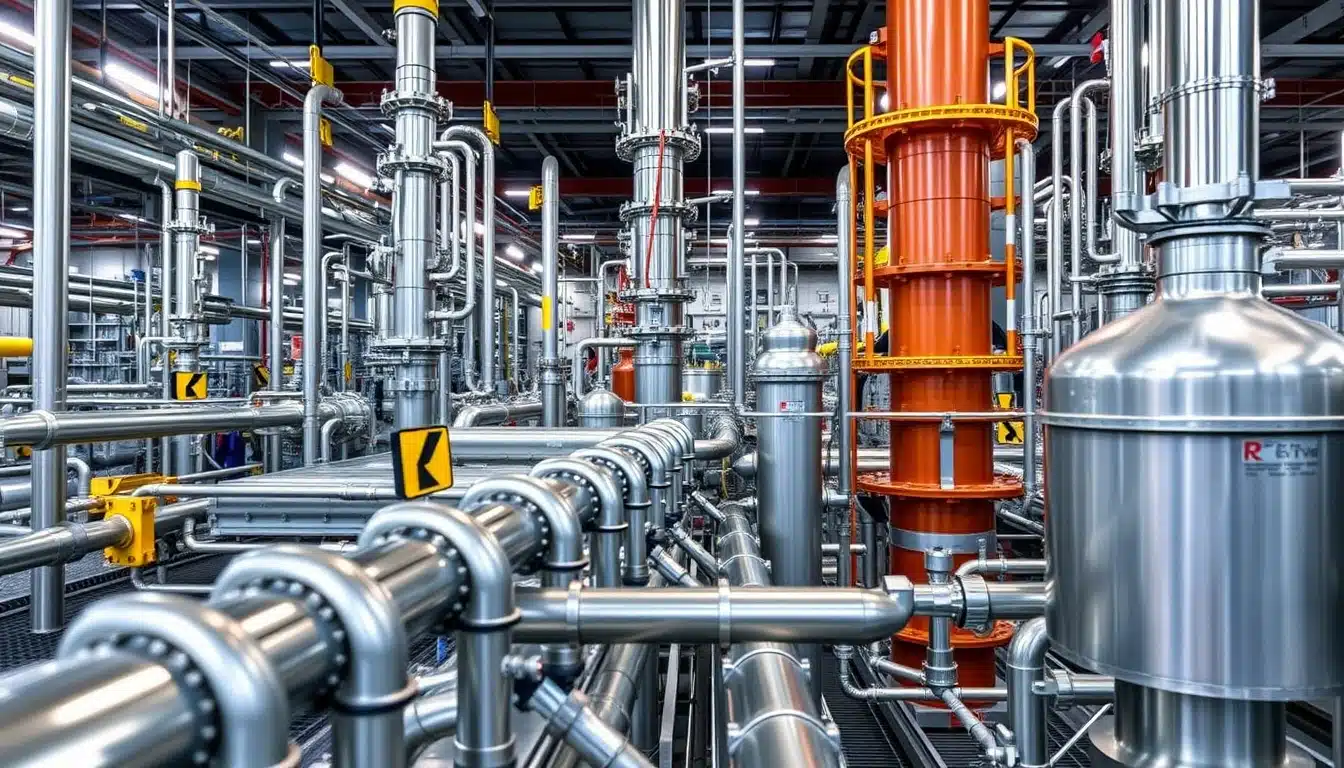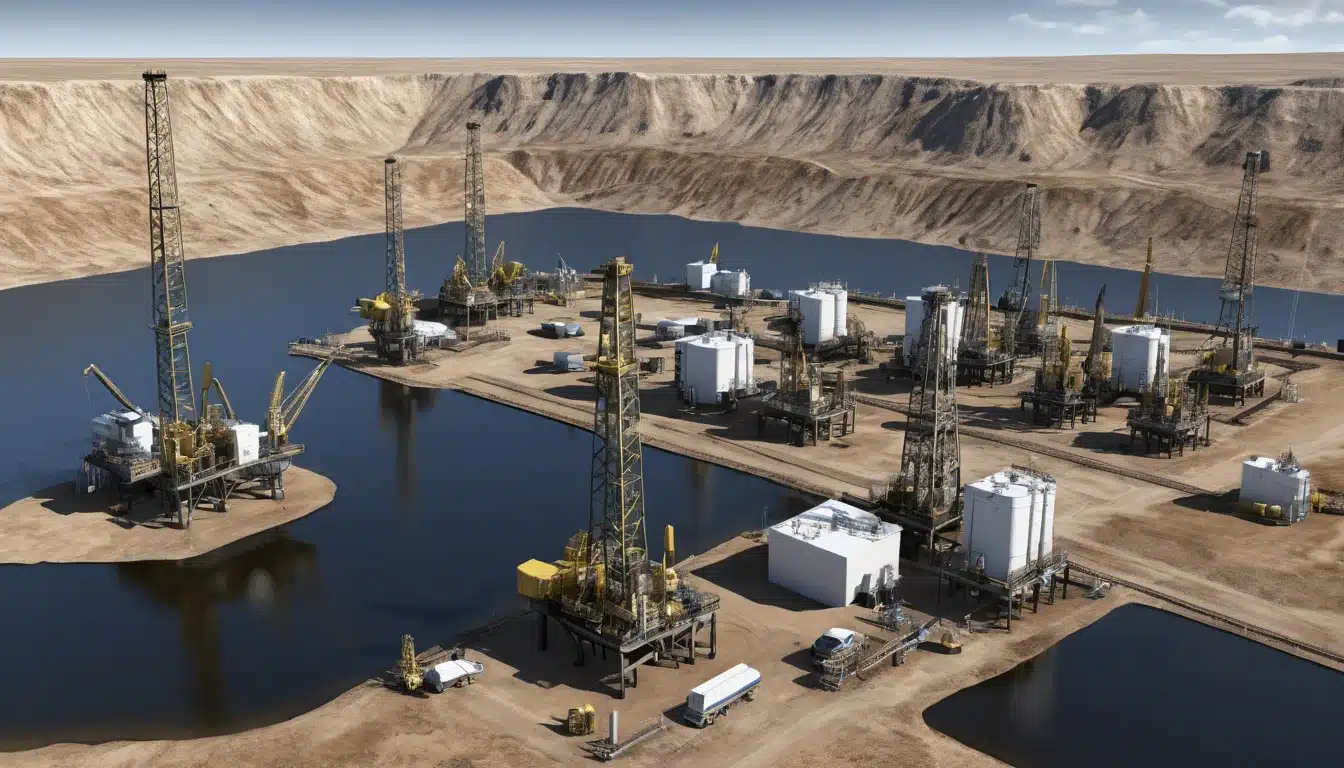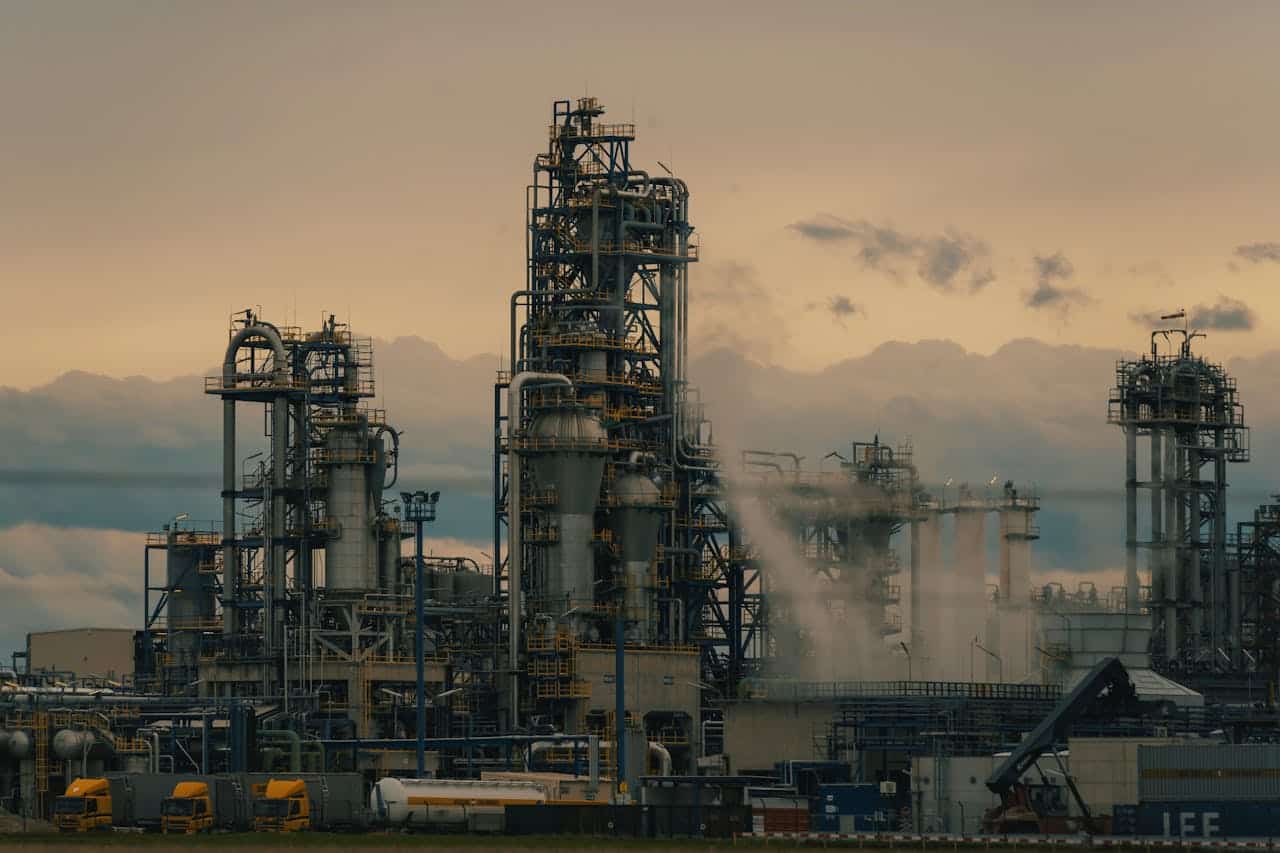Certificate in Enhanced Oil Recovery (EOR)
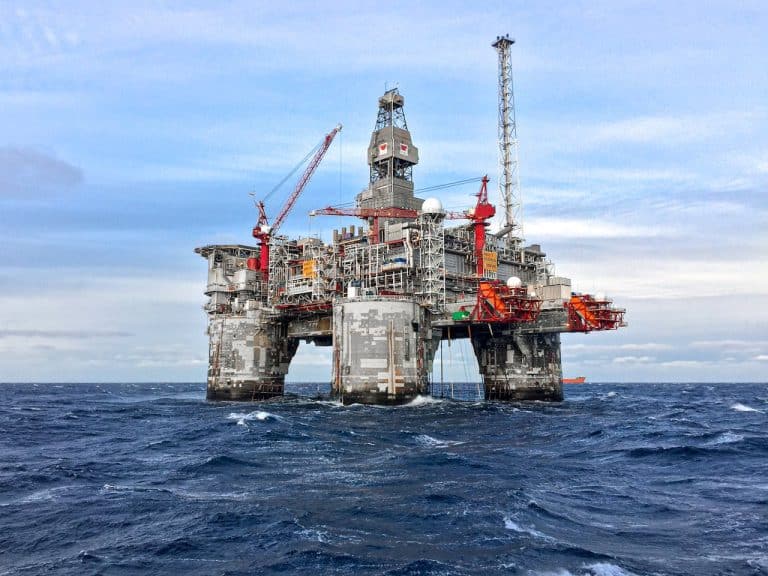
| Date | Format | Duration | Fees (USD) | Register |
|---|---|---|---|---|
| 19 Jan - 30 Jan, 2026 | Live Online | 10 Days | $7735 | Register → |
| 16 Feb - 20 Feb, 2026 | Live Online | 5 Days | $3785 | Register → |
| 16 Mar - 18 Mar, 2026 | Live Online | 3 Days | $2625 | Register → |
| 25 May - 27 May, 2026 | Live Online | 3 Days | $2625 | Register → |
| 22 Jun - 26 Jun, 2026 | Live Online | 5 Days | $3785 | Register → |
| 20 Jul - 31 Jul, 2026 | Live Online | 10 Days | $7735 | Register → |
| 31 Aug - 04 Sep, 2026 | Live Online | 5 Days | $3785 | Register → |
| Date | Venue | Duration | Fees (USD) | Register |
|---|---|---|---|---|
| 05 Jan - 09 Jan, 2026 | Stockholm | 5 Days | $6305 | Register → |
| 09 Feb - 27 Feb, 2026 | Frankfurt | 15 Days | $14200 | Register → |
| 16 Mar - 20 Mar, 2026 | London | 5 Days | $6305 | Register → |
| 06 Apr - 10 Apr, 2026 | Bali | 5 Days | $5575 | Register → |
| 18 May - 05 Jun, 2026 | Amsterdam | 15 Days | $14200 | Register → |
| 24 Jun - 26 Jun, 2026 | New Delhi | 3 Days | $4485 | Register → |
| 20 Jul - 22 Jul, 2026 | Rome | 3 Days | $5075 | Register → |
| 31 Aug - 04 Sep, 2026 | Athens | 5 Days | $6305 | Register → |
| 21 Sep - 09 Oct, 2026 | London | 15 Days | $14200 | Register → |
Did you know that Enhanced Oil Recovery (EOR) techniques contribute approximately 300,000 barrels of oil per day in the United States alone? This compelling statistic underscores the critical importance of advanced EOR techniques in today’s energy sector.
Course Overview
The Certificate in Enhanced Oil Recovery (EOR) by Alpha Learning Centre is meticulously designed to equip petroleum engineers and reservoir specialists with cutting-edge knowledge in advanced EOR techniques. This course focuses on gas injection methods, chemical EOR, and thermal recovery processes to ensure participants can effectively optimise production in both conventional and unconventional reservoirs.
Why Select This Training Course?
Selecting this Enhanced Oil Recovery Course offers numerous advantages for professionals involved in reservoir engineering and production enhancement. Participants will gain advanced knowledge of EOR screening criteria, field implementation strategies, and sustainability in EOR. The course provides hands-on experience with state-of-the-art simulation laboratories and real-time monitoring of active EOR projects, enabling attendees to optimise their recovery processes effectively.
For organisations, investing in this training enhances overall production efficiency and reduces operational risks. By ensuring that personnel are well-trained in EOR principles, organisations not only protect their assets but also build sustainable practices. Research shows that companies implementing comprehensive EOR strategies can increase recovery factors by 30-60%, significantly extending the life of mature fields.
Individuals who complete this course will benefit from enhanced career prospects as they become more valuable assets in their respective fields. The skills acquired through this training can lead to professional growth and increased responsibilities within their organisations. Studies indicate that with the global EOR market projected to reach USD 59.4 billion by 2025, growing at a CAGR of 6.6%, the demand for skilled EOR professionals continues to rise.
Transform your EOR capabilities – Register now for this critical advanced training programme.
Who is this Training Course for?
This Certificate in Enhanced Oil Recovery is suitable for:
- Reservoir Engineers
- Production Engineers
- Petroleum Engineers
- Project Managers
- Field Development Engineers
- Research Scientists
- Process Engineers
- Operations Managers
- Technical Specialists
- Asset Managers
What are the Training Goals?
The objectives of this training course are to enable professionals to:
- Master advanced EOR techniques
- Develop project design skills
- Enhance reservoir management capabilities
- Strengthen economic evaluation methods
- Improve project implementation strategies
- Optimise recovery processes
- Advanced monitoring and control skills
How will this Training Course be Presented?
The Enhanced Oil Recovery Course employs a comprehensive and innovative approach to ensure maximum knowledge retention and skill development. Expert-led instruction from seasoned petroleum engineering professionals forms the core of the course, providing up-to-date insights into modern EOR techniques and practical applications for today’s energy sector.
The course utilises a blend of theoretical lectures and practical applications, allowing participants to apply their knowledge to realistic scenarios. Advanced educational methodologies create a personalised and engaging learning journey through:
- Interactive workshops with industry-standard software
- Simulation laboratories for real-time EOR project monitoring
- Case study analysis of successful EOR implementations
- Field project reviews of offshore and onshore EOR projects
- Hands-on experience with advanced reservoir modelling software
- Technical demonstrations of latest innovations in EOR technology
Join us now and elevate your EOR expertise to new heights!
Course Syllabus
Module 1: Advanced EOR Screening and Selection
- Reservoir characterisation techniques
- Advanced screening methodologies
- Digital screening tools integration
- Recovery mechanism analysis
- Economic feasibility assessment
- Risk evaluation methods
- Technical success factors
- Environmental impact assessment
- Project lifecycle planning
Module 2: Chemical Enhanced Oil Recovery
- Polymer flooding for mobility control.
- Surfactant flooding for interfacial tension reduction.
- Alkaline flooding and ASP (Alkaline-Surfactant-Polymer) processes.
- Selection of chemicals for specific reservoir conditions.
- Chemical handling and injection.
- Problems of stability and compatibility in chemicals.
- The monitoring of chemicals in EOR.
- Environmental concern based on usage.
- Cost in chemicals in EOR.
- Innovation in chemical formulation.
- Biodegradability and disposal of Chemicals.
- Scaling in the laboratory and on the field site in Chemical EOR.
Module 3: Thermal EOR Techniques
- Steam injection methods: cyclic steam and steam drive.
- In-situ combustion
- Heat management in thermal recovery
- Thermal properties of reservoirs
- Energy efficiency in thermal EOR
- Operational problems with thermal techniques.
- Thermal techniques for heavy oil and bitumen
- Environmental concerns in thermal EOR
- Applications of solar energy to thermal EOR
- Thermal EOR performance prediction
- Thermal well design and completion
- Safety in high-temperature operations.
Module 4: Gas Injection for EOR
- Mechanisms of miscible gas injection.
- Hydrocarbon gas injection for EOR.
- CO2 EOR and Carbon Storage
- Nitrogen and Flue Gas Injection
- Phase Behavior in Gas Injection EOR
- Gas Cycling in Gas Condensate Reservoirs
- Selection of Gas Based on Reservoir Conditions
- Economic and Environmental Aspects of Gas EOR
- Monitoring and Optimization of Gas Injection
- Effect of Gas Composition on Recovery
- Gas Channeling and Fingering Control
- Integration with Other EOR Methods
Module 5: Hybrid and Emerging EOR Techniques
- Combining multiple EOR methods for synergy.
- Low salinity water flooding.
- Microbial EOR (MEOR) and its application.
- Use of nanotechnology in EOR.
- Smart water flooding for carbonate reservoirs.
- Hybrid thermal-chemical EOR strategies.
- Foam-assisted EOR for mobility control.
- Electrical heating for EOR in tight formations.
- Seismic stimulation for enhanced recovery.
- Advances in EOR through machine learning.
- Novel solvents in EOR processes.
- EOR in unconventional reservoirs.
Module 6: EOR Economics and Project Management
- Economic models for EOR projects.
- Cost-benefit analysis of EOR methods.
- Investment decision-making for EOR.
- Risk assessment in EOR projects.
- Financing EOR initiatives.
- Project lifecycle management in EOR.
- Performance metrics for EOR operations.
- Regulatory and fiscal considerations.
- The economic impact of EOR on field economics.
- Managing EOR project timelines and resources.
- Cost control in EOR operations.
- Strategies for maximising ROI from EOR.
Module 7: EOR Monitoring and Surveillance
- Techniques for monitoring EOR performance.
- Reservoir simulation for EOR prediction.
- Use of tracers in EOR monitoring.
- Seismic monitoring for EOR effects.
- Real-time data acquisition for EOR.
- Interpreting EOR-related data.
- Updating reservoir models post-EOR.
- Surveillance for EOR efficiency.
- Safety monitoring in EOR operations.
- Environmental surveillance during EOR.
- Data analytics for EOR optimisation.
- Predictive maintenance in EOR systems.
Module 8: EOR Design and Optimization
- Designing EOR pilots for field testing.
- Optimisation of injection patterns.
- Fluid dynamics in EOR operations.
- Scaling up from pilot to full field EOR.
- Use of AI for EOR optimisation.
- Advanced control systems in EOR.
- Dynamic adjustment of EOR strategies.
- EOR process control for efficiency.
- Laboratory to field scaling challenges.
- Optimisation of EOR for different reservoir types.
- Continuous improvement in EOR practices.
- Process integration for EOR operations.
Module 9: EOR in Challenging Reservoirs
- EOR in high-viscosity oil reservoirs.
- Application of EOR in carbonates.
- EOR strategies for fractured reservoirs.
- Managing heterogeneous formations with EOR.
- EOR in deepwater environments.
- EOR for gas condensate reservoirs.
- EOR in reservoirs with complex geology.
- Thermal EOR in thin pay zones.
- Chemical EOR in low permeability rocks.
- Gas EOR in reservoirs with high CO2 content.
- Tailoring EOR to reservoir age and condition.
- Adapting EOR to changing reservoir conditions.
Module 10: Environmental and Regulatory Aspects of EOR
- Environmental impact assessment for EOR.
- Compliance with EOR-related regulations.
- Carbon capture and storage in EOR.
- Water management in EOR processes.
- Reducing EOR’s environmental footprint.
- Legal frameworks for EOR operations.
- Managing emissions from EOR activities.
- Waste handling and disposal in EOR.
- Sustainability in EOR practices.
- Ethical considerations in EOR.
- Public perception and EOR projects.
- Regulatory changes affecting EOR.
Module 11: Advanced EOR Technologies
- IoT for EOR process monitoring.
- AI and machine learning in EOR strategy.
- Digital twins for EOR simulations.
- Robotics for EOR maintenance.
- Automation in EOR operations.
- Big Data for EOR analytics.
- Blockchain for EOR data management.
- Energy efficiency in EOR tech adoption.
- Cybersecurity in EOR systems.
- Innovations in EOR equipment design.
- Predictive analytics for EOR process control.
- Integration of renewable energy in EOR.
Training Impact
The impact of enhanced oil recovery training is evident through various real-world case studies and data, which demonstrate the effectiveness of structured programmes in enhancing production efficiency and operational performance.
Research indicates that organisations implementing structured EOR training programmes have demonstrated measurable benefits in both cost reduction and operational efficiency. A study by the U.S. Department of Energy showed that CO2-EOR projects could potentially recover an additional 240 billion barrels of oil from existing U.S. oil fields.
These case studies highlight the tangible benefits of implementing advanced EOR techniques:
- Improved recovery rates in mature fields
- Enhanced production optimization through real-time monitoring and analytics
- Increased operational efficiency and cost-effectiveness
- Reduced environmental impact through sustainable EOR practices
By investing in this advanced training, organisations can expect to see:
- Significant improvement in oil recovery efficiency
- Improved ability to handle complex reservoir conditions
- Enhanced decision-making capabilities in EOR project implementation
- Increased competitiveness through comprehensive EOR strategies
Transform your career and organisational performance – Enrol now to master Enhanced Oil Recovery techniques!
FAQs
4 simple ways to register with Alpha Learning Centre (ALC):
Website:
Log on to our website www.alphalearningcentre.com. Select the course you want from the list of categories or filter through the calendar options. Click the “Register” button in the filtered results or the “Manual Registration” option on the course page. Complete the form and click submit. Telephone:
Call +971 58 102 8628 or +44 7443 559 344 to register. E-mail Us:
Send your details to [email protected]. Mobile/WhatsApp:
You can call or message us on WhatsApp at +971 58 102 8628. Believe us; we are quick to respond to.
Yes, besides English, we do deliver courses in 17 different languages which includes Arabic, French, Portuguese, Spanish—to name a few.
Our course consultants on most subjects can cover about 3 to maximum 4 modules in a classroom training format. In a live online training format, we can only cover 2 to maximum 3 modules in a day.
Our public courses generally start around 9:30am and end by 4:30pm. There are 7 contact hours per day.
Our live online courses start around 9:30am and finish by 12:30pm. There are 3 contact hours per day. The course coordinator will confirm the Timezone during course confirmation.
A valid ALC ‘Certificate of Training’ will be awarded to each participant upon successfully completing the course. Accredited certificates from HRCI, PMI, CPD, IIBA are also available upon request and additional fees.

